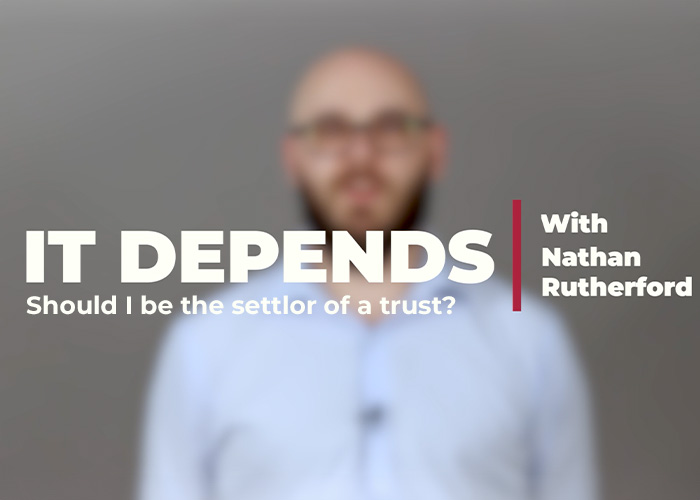As a starting position, it is a company that is liable for breaching its contract, not its shareholders or directors. Directors and shareholders will not generally be liable for wrongful interference with contractual relations if their company breaches its contract. This is because a company acts through its officers or authorised representatives.
Limits on the protection
The protection of shareholders and directors against liability for actions taken by the company is commonly referred to as ‘the corporate veil’. As the name suggests, the barrier is not impregnable and there are a number of circumstances where creditors of the company can ‘pierce’ the corporate veil.
While it is impossible to provide an exhaustive list of those circumstances, it is useful to consider some of the more common examples.
The first, and arguably the most common circumstance, is where directors or shareholders become liable for debts that they have guaranteed or under an indemnity given in relation to the performance of a contract.
Directors may also become indirectly liable for the company’s breach of contract if they breach their directors’ duties to the company or breach the Corporations Act 2001 (Cth) in respect of their contract related acts.
Directors and other third parties can also be liable if they knowingly assist in misleading, deceptive or dishonest actions of their company, or if they knowingly assist or benefit from the company’s breach of a trust or other fiduciary duty.
A director’s potential liability for insolvent trading is of particular concern where a company is in financial difficulties.
Position of de facto and shadow directors
It is important to know that a de facto or shadow director is subject to the same duties and obligations as a validly appointed director.
If you are a de facto or shadow director you do not escape personal liability because you are not recorded as a director on the ASIC register.
Am I shadow or de facto director?
Whether you are a de facto or a shadow director involves separate concepts, however they are sometimes overlapping.
A de facto director is a person, who:
- is appointed as a director but is not described as a director; or
- is not validly appointed but acts as if they were a director.
A shadow director is any person whose wishes or directions the directors of the company are accustomed to acting in accordance with. This may be either a natural person or another company.
A professional, consultant or business adviser may potentially be a de facto director. Relevant considerations include whether the person carries out management functions that would ordinarily be expected of a director. This will be a question of fact and will depend upon factors such as the actual functions performed, the size and practices of the company.
A professional adviser will not be a de facto or shadow director merely because the directors act on the advice given by the adviser in the proper performance of their professional capacity.
A professional adviser needs to be particularly careful when they are providing assistance to a company in financial difficulties to ensure that they do not step over the line and become involved in the management of the affairs of the company.
If you would like more information about these issues, please contact Graham Roberts on +61 7 3231 2404.




